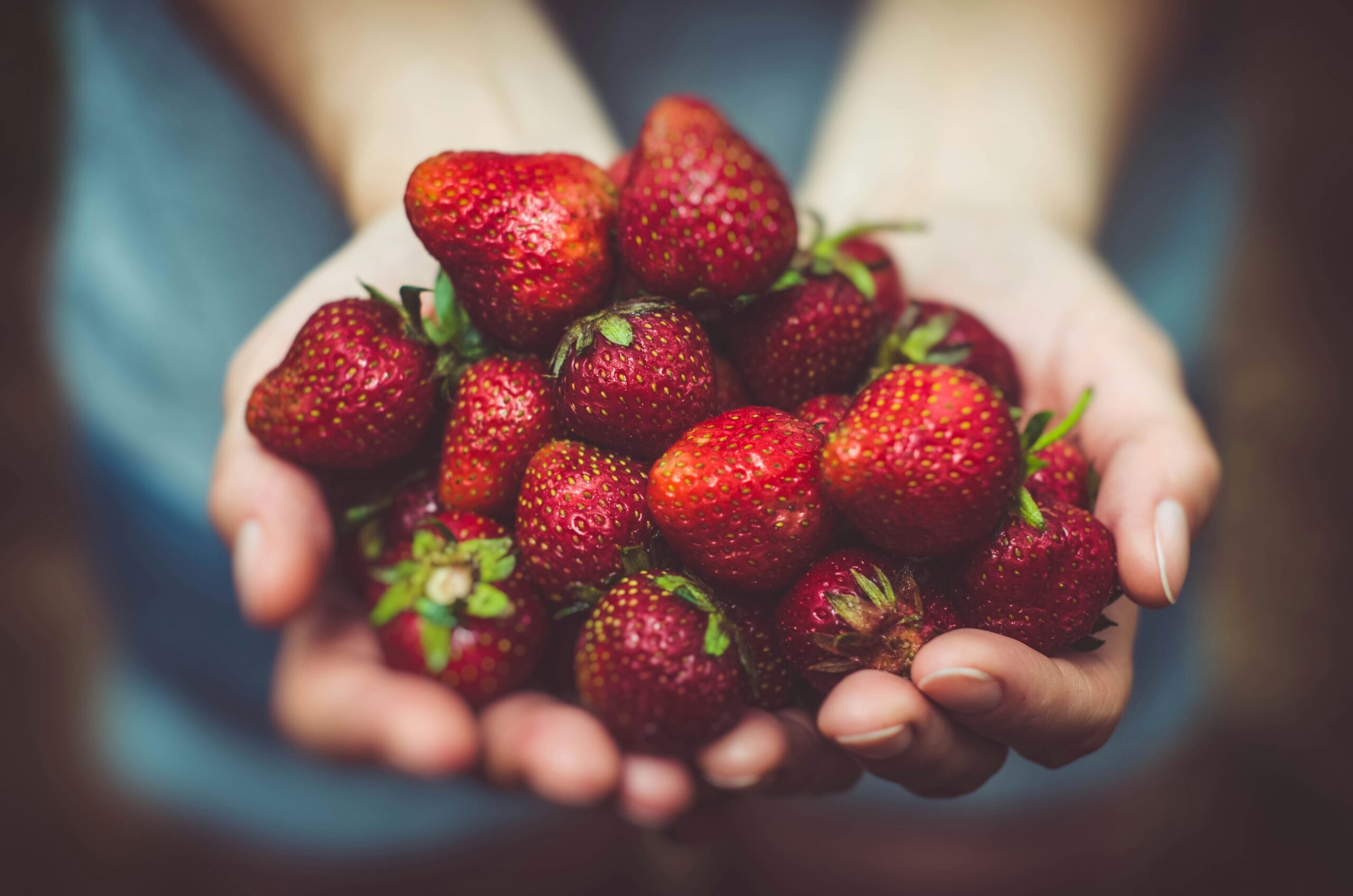Like an increasing number of adults, especially women, I recognized later in life that my scattered state of living bordered on the pathological. Spotting adult ADHD (attention-deficit/hyperactive disorder) has a unique set of challenges, often overshadowed by the misconception that it’s a condition exclusive to childhood. Women, in particular, are underdiagnosed as their ADHD symptoms can be subtler and less overtly disruptive in classroom and work settings.
Many adults living with ADHD claim that their diet affects their ability to focus and function the way they need to throughout their day. In this post, we’ll delve into the science behind an ADHD-friendly diet, exploring the best and worst foods to help people navigate the challenges posed by ADHD.
First, let’s have a brief look at what ADHD is and how it has traditionally been treated.
ADHD Diagnosis and Treatment
The understanding of ADHD has expanded in recent years. It is a neurodevelopmental disorder in people with atypical brain structure and chemistry. Similar to autism, it is a disorder that is present from birth and increasingly referred to as a form of neurodivergence.
ADHD doesn’t always present as hyperactivity but can manifest as restlessness, impulsivity, disrupted sleep, and difficulty with organization and time management. While it is at its core a disorder of executive functioning, many people with ADHD also experience forms of emotional dysregulation such as rapidly shifting between emotional states.
The most common form of treatment for ADHD is stimulant medication, like Ritalin, Adderall, and Concerta. Following a clinical ADHD diagnosis, 62% of adolescents seek medication for treatment. While there aren’t statistics available for ADHD medication use among adults, a rise in adult ADHD diagnoses has triggered a shortage of generic ADHD medications in the US.
Shortages aside, many people living in rural areas, like myself, have issues accessing psychiatrists capable of prescribing medication. Moreover, the controversial nature of the stimulant medications prescribed for ADHD pushes some people to look for alternative, holistic, treatment options, such as a supportive diet.
The Science Behind the ADHD Diet
Anecdotal accounts of people living with ADHD are now being backed up by science. Studies are emerging that highlight the connection between diet and ADHD symptoms, emphasizing the need for a well-balanced, nutritional approach. A systematic review study published in the Journal of Affective Disorders found that adults with ADHD who followed a diet rich in fruits and vegetables experienced significant improvements in their cognitive function and overall well-being.
Just as some foods can help minimize the disruptive effects of ADHD, others have been shown to exacerbate them. A pattern of eating characterized as a “Western diet” which includes highly processed foods with added sugar, hydrogenated fats, and refined grains was shown to significantly increase the likelihood of ADHD occurrence.
An ADHD-friendly diet is not about restrictive measures but rather focuses on making informed choices that support the brain and enhance cognitive abilities. Let’s explore the best and worst foods for people of any age navigating the world with ADHD.
Focus-Fueling Foods
- Omega-3 Fatty Acids
- Found in fatty fish like salmon, trout, and mackerel, omega-3 fatty acids are crucial for brain health and have been linked to improved attention and focus. Alpha-linolenic acids, a precursor to the omega-3 fatty acids our body uses, are found in walnuts, flaxseeds, and chia seeds. After a year of taking omega-3 supplements and incorporating more flax and walnuts into my diet, I noticed a huge improvement in my overall quality of life and attention.
- Protein-Packed Options
- Lean proteins such as chicken, turkey, and tofu provide a steady release of amino acids, supporting neurotransmitter function. Eggs, rich in choline, aid in the production of acetylcholine, a neurotransmitter associated with memory and attention. Legumes, like beans and lentils, are good vegetarian sources of protein.
- Colorful Fruits and Vegetables
- There are many reasons to “eat the rainbow.” Antioxidant-rich fruits and vegetables, like berries, spinach, and kale, provide essential vitamins and minerals, contributing to improved cognitive function. Magnesium, zinc, and vitamin D, specifically, have more robust evidence supporting their ability to improve ADHD symptoms.
- Complex Carbohydrates
- Whole grains with higher fiber content like brown rice, quinoa, and oats are broken down more slowly by our body. This helps to maintain steady blood sugar levels, preventing energy crashes that can increase ADHD symptoms.
- Hydration is Key
- While we don’t mean to jump on the “Stanley Cup” bandwagon, keeping any kind of water bottle handy could encourage you to stay hydrated throughout the day. Dehydration can impact cognitive function, making you feel cloudy or lethargic, so be sure to drink plenty of water or non-diuretic herbal teas.
ADHD Kryptonite
- Excessive Sugar and Processed Foods
- High-sugar diets have been associated with increased hyperactivity and impulsivity in people with ADHD. Though some research has emerged to contest this and not everyone has the same sensitivity to sugar, I can personally attest to feeling completely spun-out after a holiday sweets binge. There is more evidence to support the detrimental effects of food additives, preservatives, and artificial coloring on ADHD symptoms. Whenever possible, opt for whole, unprocessed alternatives, and resist the call of red velvet cake.
- Allergens and Sensitivities
- There has been a tidal wave of renewed interest and research about inflammation, especially following the COVID-193 pandemic. Food allergens or sensitivities can contribute to inflammation and worsen ADHD symptoms. Common culprits include gluten, dairy, and, again, artificial food additives.
- Fried and Fast Foods
- Trans fats found in fried and fast foods are linked to decreased cognitive function and increased inflammation. Choose healthier cooking methods like baking, grilling, or steaming to preserve the nutritional value of your meals. When using fats and oils to cook, reach for healthier, unrefined options like virgin olive oil and coconut oil.
- High-Processed Dairy
- Bon voyage brie? Some individuals with ADHD may be sensitive to high-processed dairy products. If this is the case for you, alternatives abound, like almond or soy milk. If you just can’t kick delicious dairy, choose natural, unprocessed options. The probiotic Lactobacillus rhamnosus, found in yogurt, some cheeses, and other fermented foods like kimchi, has been shown to improve self-reported quality of life among some people with ADHD.
- Excessive Caffeine and Alcohol
- Say it ain’t so! While a cup of coffee in the morning and caffeine in lower amounts, like an afternoon green tea, won’t doom you, too much and you’re headed into full-throttle distraction, jitters, and more disrupted sleep. Limiting caffeine may seem counterintuitive, as the primary medications for ADHD are stimulants. The chemical effect of those stimulants in the brain is different from caffeine, which works by suppressing our sense of sleepiness. Limiting alcohol makes more intuitive sense for people with ADHD. It can interfere with ADHD medication’s effectiveness, exacerbate ADHD symptoms, and interfere with sleep.
Taking Stock and Thriving with ADHD
By making informed choices about what we eat, we can positively impact our cognitive function, enhancing focus, and our overall well-being. The ADHD-friendly diet is not a one-size-fits-all solution and is not a replacement for seeking professional, medical guidance. It’s about finding what works best for you and incorporating these dietary adjustments as part of a comprehensive ADHD management plan, which can include medication, therapy, and even mindfulness practices.
As the prevalence of adult ADHD diagnoses continues to rise, exploring holistic approaches, such as an ADHD-friendly diet, becomes crucial. You may have noticed that most of this nutritional advice is supportive of healthy brain functioning in general. Even if you don’t have ADHD, you may want to consider following some of these recommendations to help you feel your best or to support a partner or child with an ADHD diagnosis.
With the right fuel, people with ADHD can embrace their neurodivergence, unlock their full potential, and thrive with newfound focus and resilience.
Be sure to visit Mecella for more comprehensive content!



No responses yet